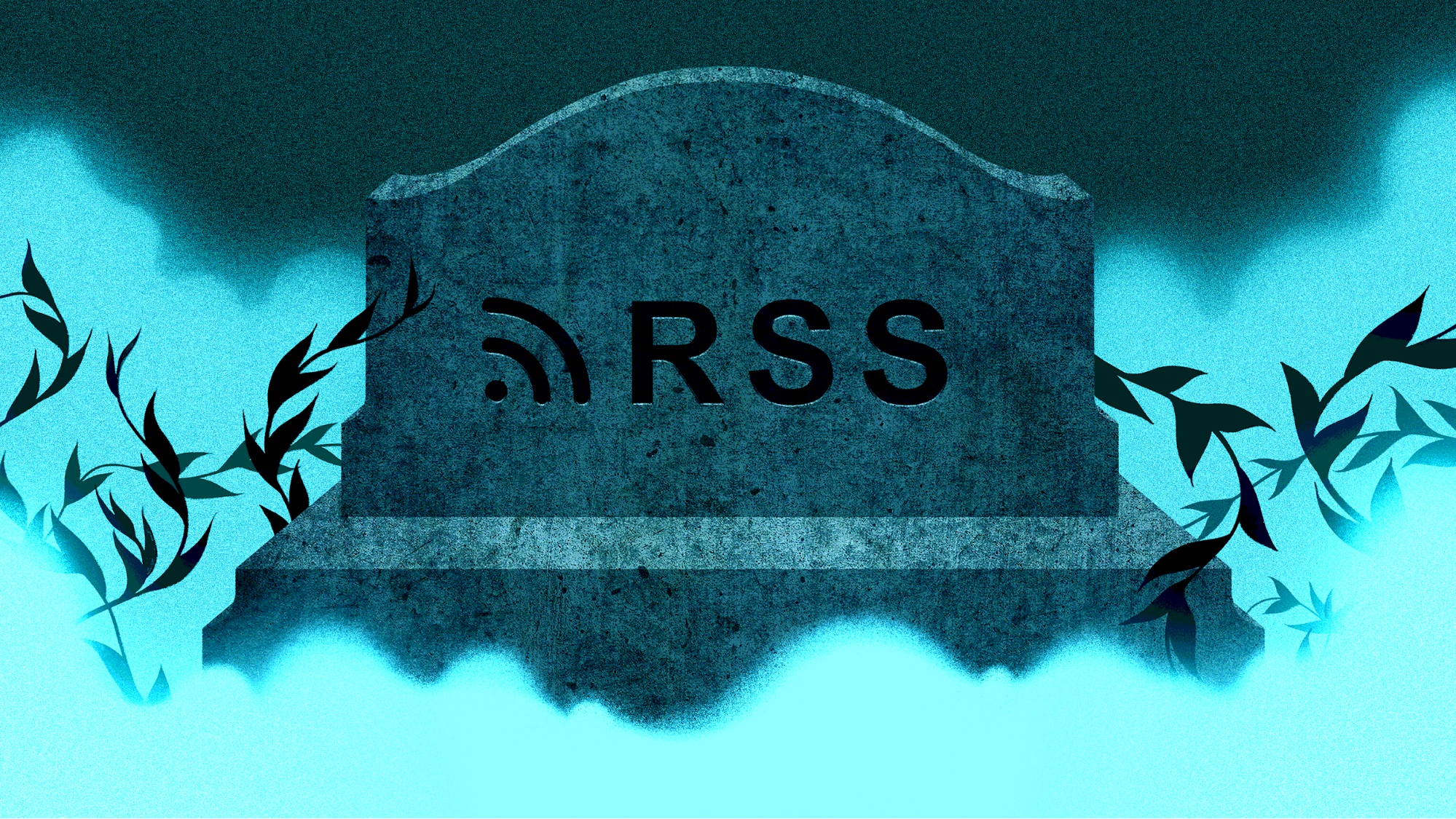The Rise and Demise of RSS - Before the internet was consolidated into centralized information silos, RSS imagined a better way to let users control their online personas
About a decade ago, the average internet user might well have heard of RSS. Really Simple Syndication, or Rich Site Summary — what the acronym stands for depends on whom you ask — is an open standard that websites and podcasts can use to offer a feed of content to their users, one easily understood by lots of different computer programs. Today, though RSS continues to power many applications on the web, it has become, for most people, an obscure technology.
The story of how this happened is really two stories. The first is a story about a broad vision for the web’s future that never quite came to fruition. The second is a story about how a collaborative effort to improve a popular standard devolved into one of the most contentious forks in the history of open-source software development.
RSS is by no means dead at all, but it is just not as prominent as it once was. It is still often found on websites and even some social media sites, even if they do not advertise it with an icon (I use a browser extension to check a site). I use it every single day, and it is still my preferred way of tracking news and updates across 100 plus sites daily all in one place without adverts and distractions.
See The Rise and Demise of RSS
#technology #RSS #news #openstandards
Before the internet was consolidated into centralized information silos, RSS imagined a better way to let users control their online personas.
source https://gadgeteer.co.za/rise-and-demise-rss-internet-was-consolidated-centralized-information-silos-rss-imagined-better-way

Comments